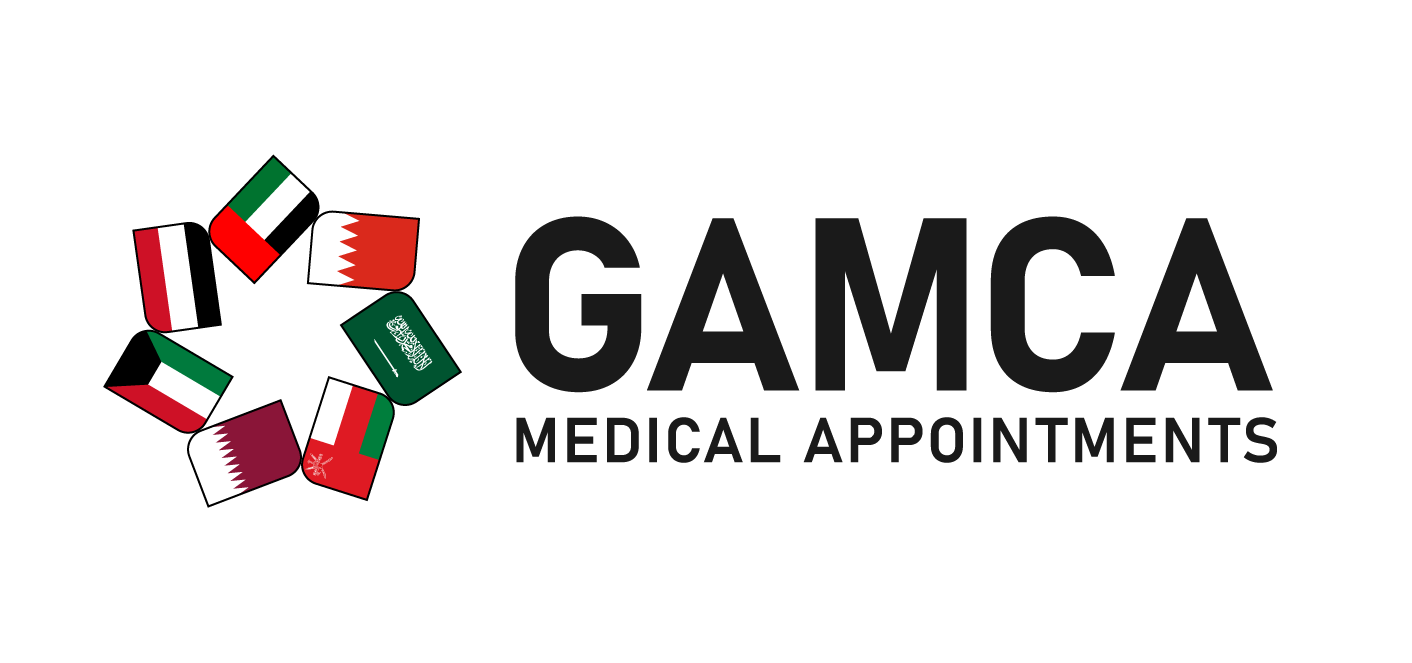Planning to work in the Gulf? One of the most important steps before departure is passing your GAMCA medical test. Whether you’re heading to Oman, UAE, Saudi Arabia, or any other GCC country, this medical screening is non-negotiable. But here’s something many candidates overlook: how well you sleep the night before your medical test can directly impact your results.
At GAMCA Medical Appointments, we help thousands of job seekers schedule their GAMCA medical appointments across the world. We’ve seen firsthand how something as simple as sleep deprivation can affect critical readings like blood pressure, blood sugar, and stress levels—sometimes resulting in a temporary “UNFIT” status.

Here’s what you need to know and do to give yourself the best chance of a “FIT” medical certificate.
Why Sleep Matters Before Your GAMCA Medical Examination
Your body doesn’t just rest during sleep—it recharges. Several biological functions that are tested during a GAMCA-approved medical examination are highly sensitive to sleep cycles. These include:
- Blood Pressure (BP)
- Fasting Blood Sugar
- Heart Rate & Pulse
- Stress and Cortisol Levels
- Cognitive alertness and emotional response (part of general evaluation)
Let’s break these down.
1. Blood Pressure (BP)
Lack of sleep can cause a spike in blood pressure, especially in people already prone to hypertension or anxiety. Even if you’re normally healthy, poor sleep can result in temporarily high readings, which may lead to additional testing or even a “UNFIT” result.
Tip: Get at least 7–8 hours of sleep before your test. Avoid staying up late reviewing documents or worrying about travel.
2. Blood Sugar
Sleep deprivation impacts how your body uses insulin. Less sleep = higher fasting blood sugar levels, even if you’re not diabetic. Since fasting glucose is a standard part of the GCC Medical Appointment, this can hurt your chances.
Tip: Avoid high-carb meals or sugary drinks the night before. Rest properly and don’t skip your fasting hours.
3. Stress and Cortisol Levels
High stress causes a spike in cortisol, the stress hormone. Elevated cortisol can affect your blood pressure, mood, and alertness, which doctors may take into account during physical evaluations.
You may not be “tested” for stress directly, but signs like rapid heartbeat, sweating, or nervous behavior during the exam can trigger closer medical scrutiny.
Tip: Practice breathing exercises or meditation the night before. Stay calm and hydrated.
4. Heart Rate & General Vitals
A tired, sleepless body shows in the vitals. Rapid heartbeat, low oxygen saturation, and even shallow breathing can create a false impression of poor health.
Don’t let temporary exhaustion sabotage your test results. Sleep = strength.
How to Sleep Better Before Your GAMCA Test
Here are a few science-backed tips for quality sleep:
- No caffeine after 3 PM the day before
- Avoid screens (phone, laptop) 1 hour before bed
- Drink warm water or herbal tea (like tulsi or chamomile)
- Sleep in a dark, cool room with minimal noise
- Stick to a light dinner—avoid oily or spicy foods that can affect digestion and sleep
Schedule your GAMCA medical appointment today!
Day of the Test: What You Should Do
Here’s a quick checklist for test day:
- Wake up early and stay relaxed
- Drink plain water (don’t overhydrate before blood tests)
- Wear comfortable clothing
- Bring all documents (passport, photos, appointment slip)
- Arrive 15–20 minutes before your time slot
- Avoid coffee or energy drinks
- Do not skip meals after your fasting blood test is done
Book Your GAMCA Medical Appointment the Right Way
Avoid last-minute stress. Use a verified partner like GAMCA Medical Appointments to:
- Book appointments online for your nearest GAMCA Medical Center
- Ensure you’re sent only to approved clinics
- Get support in case of delays or re-tests
- Receive notifications, guidance, and documentation support
Visit GAMCA Medical Appointments to schedule your GCC medical appointment today and make your health journey smooth and predictable.
Conclusion
A good night’s sleep can be the difference between a FIT and UNFIT result in your GAMCA medical test. Don’t underestimate how your lifestyle and sleep routine in the 24 hours leading up to your appointment can affect your health indicators.
Combine restful sleep with proper nutrition and hydration—and book your appointment with a reliable partner like GAMCA Medical Appointments. Start your Gulf career on the right foot—well-rested and well-prepared.

